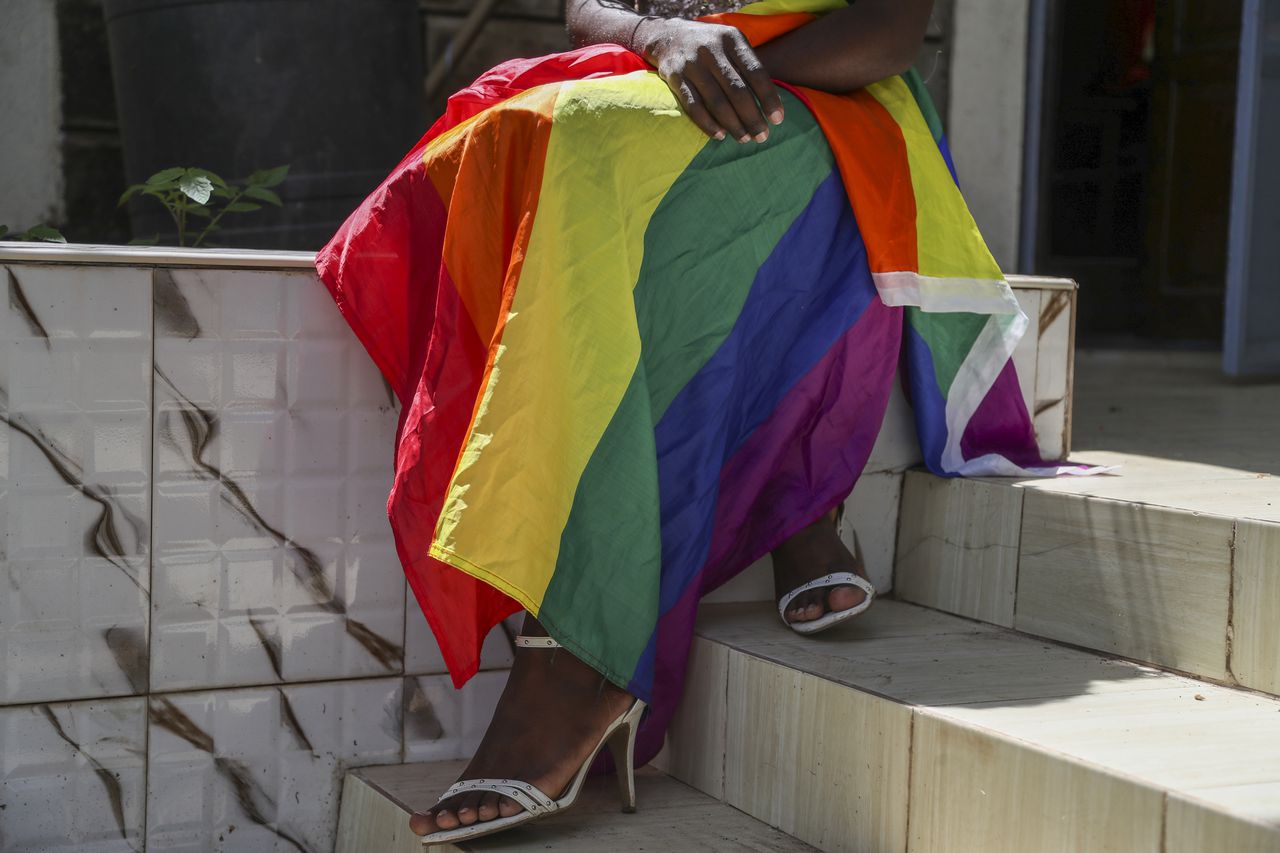U.S. to impose visa restrictions after Ugandaâs Anti-Homosexuality law
The U.S. has announced that it is “taking steps” to impose visa restrictions against Ugandan individuals responsible or complicit in “undermining the democratic process” of the nation. This comes after Uganda President Yoweri Museveni signed one of the world’s strictest anti-homosexuality bills into law last month.
The U.S. Department of State said that it will institute these restrictions under Section 212(a)(3)(C) of the Immigration and Nationality Act, which denies admission to an individual whose entry or proposed activities in the U.S. can have “serious adverse foreign policy consequences” for the country.
The agency will continue to evaluate additional actions and other tools under this policy “to promote accountability for Uganda officials and other individuals responsible for, or complicit in […] abusing human rights, including those of LGBTQI+ persons, or engaging in corrupt practices.”
“The [Anti-Homosexuality Act] is a law that undermines the human rights, prosperity, and welfare of all Ugandans,” a State Department spokesperson told Reckon. “Uganda’s failure to safeguard the human rights of LGBTQI+ persons is part of a broader degradation of human rights protections that puts Ugandan citizens at risk and damages the country’s reputation as a destination for investment, development, tourism, and refugees.”
The law President Museveni signed last month is a revised and “more egregious version” of Uganda’s 2014 Anti-Homosexuality Act, making “aggravated homosexuality” punishable by death if someone is found engaging in same-sex acts with children or people with disabilities, having sex while HIV positive and engaging in incest between same-sex individuals.
It also imposes a life sentence on consensual same-sex relations among adults, instates complete censorship on LGBTQ+ issues, criminalizes anyone who fails to report someone they suspect of participating in same-sex acts to the police, and criminalizes activities promoting homosexuality with up to 20 years in prison.
Two petitions challenging the law have been filed with Uganda’s Constitutional Court earlier this month.
A team of Ugandan activists, journalists, academics and politicians filed the petitions that dispute the constitutionality of the law and asks the court to nullify and void the law based on Uganda’s Constitution and the country’s international and regional human rights obligations.
The petitioners have also filed for temporary injunctions in Uganda’s constitutional court to stop the enforcement of the law.
“Given the ongoing documented attacks on the rights of Ugandans that this law has prompted, it remains critical to report incidents of human rights violations, including harassment, intimidation, forced evictions, blackmail, extortion, arbitrary arrests and detention or violence and denial of medical care to emergency response groups,” said Clare Byarugaba, Equality & Non-Discrimination coordinator of the human rights organization, Chapter Four Uganda.
Uganda’s Attorney General has until June 21 to file his answer to these petitions.
Ugandan LGBTQ+ activist Beyonce Karungi, who is the co-founder and CEO of Transgender Equality Uganda believes that efforts made by the U.S. go a long way. “They have done a lot because they’re putting pressure. That helps,” she told Reckon in an interview last month.
She initially visited the U.S. for a UN conference in March, when the Ugandan Parliament passed the Anti-Homosexuality Act. Unable to return home due to the law taking effect, Karungi plans to extend her U.S. visitor visa when it expires in the fall as she navigates the safest move for her future.
“I feel bad, but there’s nothing I can do,” she said. “My life comes first.”
